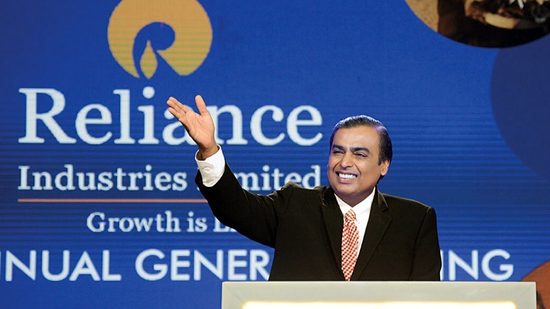
PSU bank shares were on a tear, with the market value of two lenders, UCO Bank and Punjab & Sind Bank, increasing by more than 145% in the last month. For instance, the Nifty PSU Bank index gained 23% throughout the period, while the benchmark Nifty 50 gained less than 1%.
Individual stocks rose 10% to Rs 36.55 on the National Stock Exchange (NSE) in the intraday session on Thursday, owing to a two-fold increase in trading volumes. The stock has risen 151% from its previous low of Rs 14.54. Until 11:09 a.m., 227 million shares had changed hands at the NSE and BSE counters. In intraday exchanges, Punjab & Sindh Bank rose 4% to Rs 44.75. It has gained 147% in the last month.
Aside from these two PSU banks, the stock prices of the Indian Overseas Bank and Central Bank of India have both increased by 82%. In contrast, Bank of Maharashtra has increased by 57%, followed by Union Bank of India (49%), Punjab National Bank (41%), and Bank of India (41%). (38 percent).
The majority of credit rating agencies have revised the outlook on PSU banks to stable due to improvements in profitability and asset quality measures, resulting in a minimal impact of credit costs on the banks’ profitability.
The rating agencies stated in their rationale that majority ownership demonstrated and expected continued support from the Government of India (GoI) as the majority shareholder holding in these banks, improvement in capitalization post equity infusion, which have helped the PSU banks to maintain their capitalization ratios.
The Government of India (GoI) has been assisting public sector banks (PSBs) with regular capital injections and initiatives to strengthen capitalization, operational efficiency, and asset quality. Given GOI’s majority ownership, PSBs are likely to get timely and appropriate capital support as and when necessary.
PSBs in general have emerged strong in terms of growth/margin delivery after a long period, while NPAs are reducing at a quicker rate. Furthermore, most PSBs are still selling at far below the +1 standard deviation P/BV and are thus popular with investors, according to Emkay Global Financial Services’ BFSI-Banks sector analysis.
“The National Asset Reconstruction Company (NARCL) transfer of corporate NPAs is anticipated to commence shortly and might therefore contribute to an additional decrease in NPAs for chosen PSBs. Some corporate NPAs under NCLT is also nearing settlement, which should help banks reduce their corporate NPA book. As a result, the brokerage believes that declining NPA development and most banks sitting on greater specific PCR should lead to ongoing reduced LLP and boost profitability.
Within PSBs, State Bank of India (SBI) at 1.1x FY24 ABV presents an appealing, structural long-term buy, while we also favour Bank of Baroda (BOB) and Indian Bank, given their capacity to produce solid return ratios, capital buffers, and sub 1x valuations, according to the brokerage company.






Comments are closed.